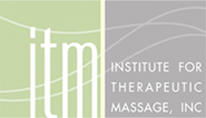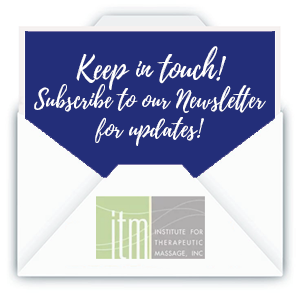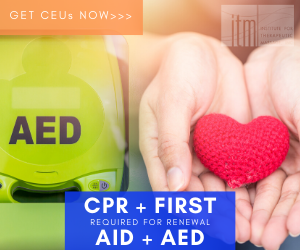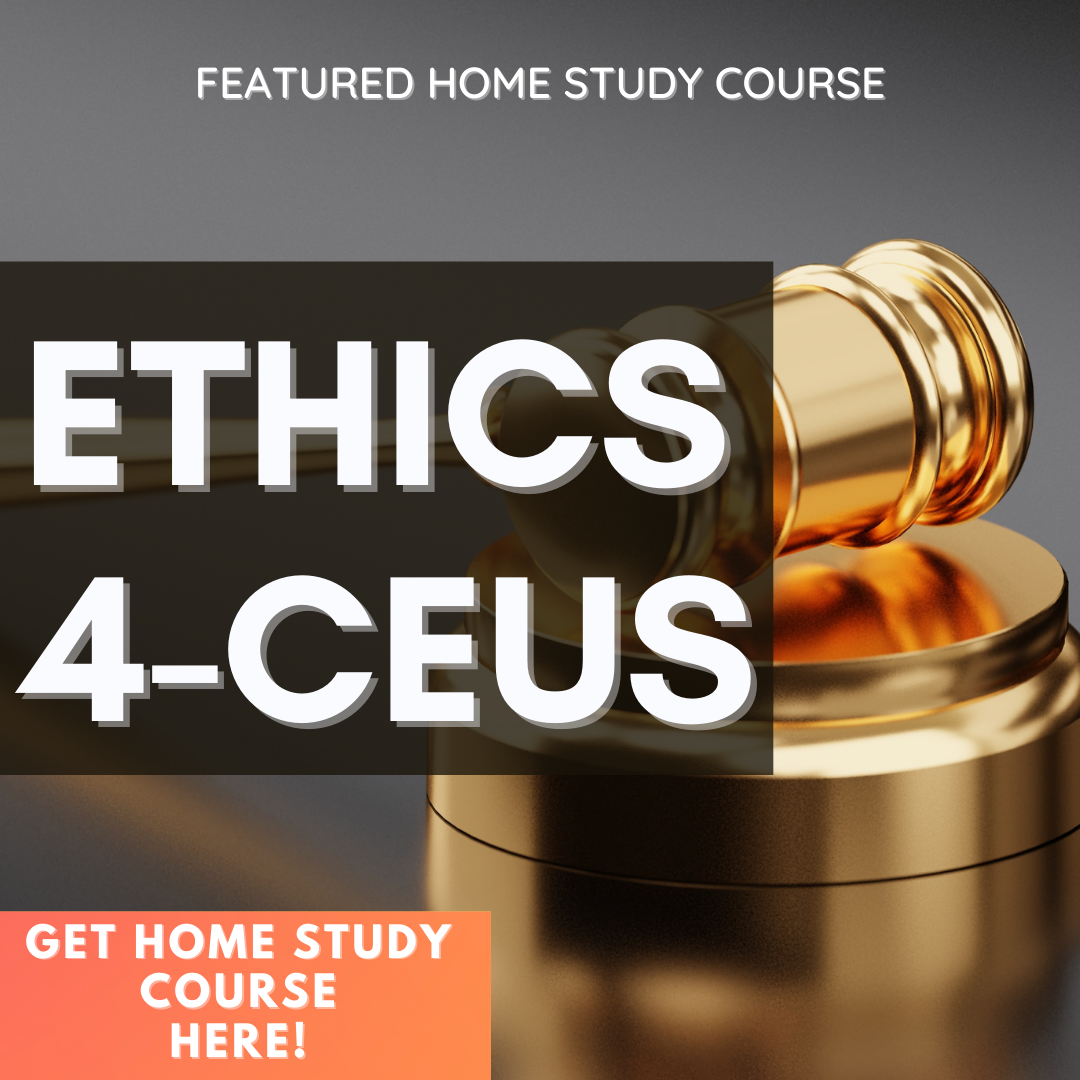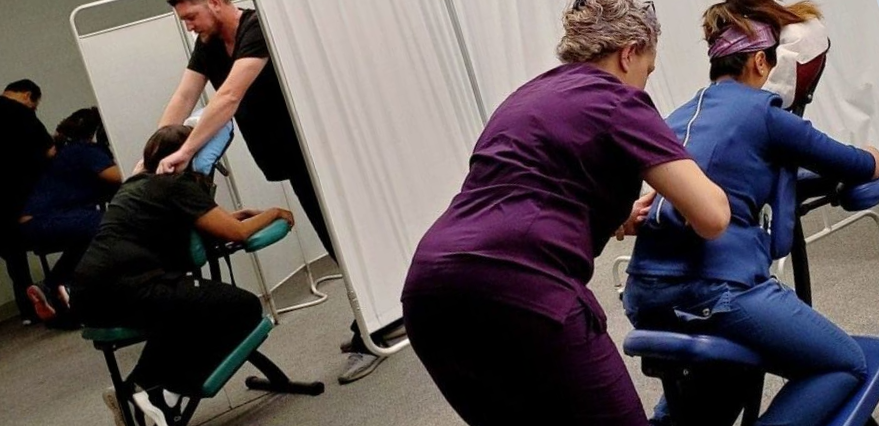
Our Massage and Bodywork Program is a 720-hour, New Jersey State approved course for those interested in what it takes to become a massage therapist. Upon successful completion, graduates will have received comprehensive training in the art and science of massage therapy.
This includes the study of Anatomy & Physiology, Myology, Pathology, Medical Terminology, Business and Ethics, and various massage modalities in both a classroom and hands-on learning format. You will also learn, and be competent in, performing Swedish, Medical, and other massage forms, and have the knowledge to be able to communicate effectively with your client and their attending medical personnel.
The Massage & Bodywork Program not only meets the requirements of New Jersey’s licensing standards, but also exceeds most state requirements, while reflecting the most current techniques and research. Completion of the MBW program also enables graduates to take the MBLEx and NCBTMB national certification exams.
ITM maintains a low student-to-faculty ratio for maximum instructional effectiveness while being able to offer the individualized attention and support that our students deserve.
As a graduate, you will have ample hands-on experience and the stamina needed to work in a spa, salon, medical / physical therapy / chiropractic practice, health club, cruise ship or anywhere else that that desires to have a massage therapist on staff. You will also have the opportunity to become self-employed by going into private practice, which is supported through our massage therapy business weekend class.
Additional Offerings/Flexibility
We understand that there are unexpected circumstances that arise during a student’s education, and in order to afford the greatest level of convenience and flexibility, the classes in our Massage & Bodywork Program are conducted during both day and evening sessions depending upon location. Should a student not be able to attend their regularly scheduled session, for whatever reason, there will be an opportunity to make up the missed material either the same day, or shortly thereafter.
Financial aid is available for those who qualify.
Get 2020-2021 Course Catalog (PDF – Revised July 31, 2021)
Massage and Bodywork Program Classes
Sun Anatomy and Physiology Module (40 clock hours)
Sun is an introduction to comprehensive study of the structure and functioning of the human body including the study of chemistry, cells, tissues, the Skeletal and Muscular systems. Students will discuss in this module the homeostatic mechanisms of each system. An introduction to Pathology will teach the students pathological conditions of each system as they relate to the study of massage therapy, medical terminology, the direct and indirect causes of disease, the nature of the inflammatory process and its role in all phases of injury recovery. In Myology, the student’s instruction includes the study of muscle tissue, muscular injuries and implications for massage therapy, and the study of the skeletal system and all major muscles of the body. Students will also cover postural analysis related to the anatomy of the body.
Sun Therapeutic Massage Module (80 clock hours)
Sun introduces students to the history of Massage and all the influential people that helped to make massage what it is today. Students will learn strokes and hands-on skills that are used throughout massage therapy. We will teach them communication skills to use in practice when they graduate. They will learn; uses, effects, and chemical ingredients of powders, oils, and other products used in massage therapy, as well as safety, hygiene, and universal precautions. This module will teach draping and bolstering techniques used in practice. Students will learn the effects of massage, as well as the indications and contraindications for massage. They will learn the basic strokes of effleurage, petrissage, tapotement, shaking, rocking, friction, compression, and range-of-motion techniques. In order to reduce mechanical stress and potential of injury, students will also study the fundamentals of body mechanics and correct wrist and hand alignment, as well as self-care and stretching exercises. The course also will teach the treatment planning of client intake, assessment, and documentation. Once the foundational massage strokes are learned, the students will learn the fundamentals of medical massage strokes which will be applied in later modules. Students will learn to perform a one-hour full body relaxation massage incorporating all strokes and techniques learned. Students will also learn Myofascial Release to address these changes through the use of slow, sustained movements that restore normal function while providing the client with a sense of relief, balance and improved well-being.
Moon Anatomy and Physiology Module (60 clock hours)
Moon is an introduction to comprehensive study of the structure and functioning of the human body including the study of the Integumentary, Nervous, & Endocrine Systems. Students will discuss in this module the homeostatic mechanisms of each system. An introduction to Pathology will teach the students pathological conditions of each system as they relate to the study of massage therapy, medical terminology, the direct and indirect causes of disease, the nature of the inflammatory process and its role in all phases of injury recovery. Myology the student’s instruction includes the study of muscle tissue, muscular injuries and implications for massage therapy, and the study of the major muscles of the body; their origin, insertion and actions related to the upper extremities.
Moon Therapeutic Massage Module (60 clock hours)
Moon introduces students to the strokes and hands-on skills that are used throughout massage therapy. We will teach them communication skills to use in practice when they graduate. Students will learn the effects of massage, as well as the indications and contraindications for massage as it relates to the upper extremities. They will review the foundational strokes of effleurage, petrissage, tapotement, shaking, rocking, friction, compression, and range-of-motion techniques. In order to reduce mechanical stress and potential of injury, students will continue to study the fundamentals of body mechanics and correct wrist and hand alignment, as well as self-care and stretching exercises. The module also will teach the treatment planning of client intake, assessment, and documentation as it relates to medical massage. Students will practice foundational massage strokes and build on fundamentals of medical massage strokes which will be applied to the shoulder, arm and hand. Students will learn to perform a one-hour full body relaxation massage incorporating all strokes and Medical techniques learned. Students will also learn Myofascial Release to address these changes using slow, sustained movements that restore normal function while providing the client with a sense of relief, balance and improved well-being.
Mountain Anatomy and Physiology Module (60 clock hours)
Mountain is an introduction to comprehensive study of the structure and functioning of the human body including the study of the Cardiovascular, Lymphatic, & Respiratory systems. Students will discuss in this module the homeostatic mechanisms of each system. An introduction to Pathology will teach the students pathological conditions of each system as they relate to the study of massage therapy, medical terminology, the direct and indirect causes of disease, the nature of the inflammatory process and its role in all phases of injury recovery. Myology the student’s instruction includes the study of muscle tissue, muscular injuries and implications for massage therapy, and the study of the major muscles of the body; their origin, insertion and actions related to the axial skeleton.
Mountain Therapeutic Massage Module (60 clock hours)
Introduces students to the anatomy of the head and neck. As the student is learning the anatomy they will incorporate the strokes and hands-on skills that are used throughout massage therapy of the head and neck. We will continue to teach and use the communication skills that will be used in practice when they graduate. Students will learn the effects of massage, as well as the indications and contraindications for massage as it relates to the head and neck. They will review the foundational strokes of effleurage, petrissage, tapotement, shaking, rocking, friction, compression, and range-of-motion techniques. In order to reduce mechanical stress and potentMountain introduces students to the strokes and hands-on skills that are used throughout massage therapy of the head, neck, and spine. Students will learn the effects of massage, as well as the indications and contraindications for massage as it relates to the head, neck, and spine. They will review the foundational strokes of effleurage, petrissage, tapotement, shaking, rocking, friction, compression, and range-of-motion techniques. To reduce mechanical stress and potential of injury, students will continue to study the fundamentals of body mechanics and correct wrist and hand alignment, as well as self-care and stretching exercises. The module also will teach the treatment planning of client intake, assessment, and documentation as it relates to medical massage. Students will practice foundational massage strokes and build on fundamentals of medical massage strokes which will be applied to the head, neck, and spine. Students will learn to perform a one-hour full body relaxation massage incorporating all strokes and Medical techniques learned. Students will also learn Myofascial Release to address these changes through the use of slow, sustained movements that restore normal function while providing the client with a sense of relief, balance and improved well-being.
Sky Anatomy and Physiology Module (60 clock hours)
Sky is an introduction to comprehensive study of the structure and functioning of the human body including the study of the Digestive, Urinary, & Reproductive systems. Students will discuss in this module the homeostatic mechanisms of each system. An introduction to Pathology will teach the students pathological conditions of each system as they relate to the study of massage therapy, medical terminology, the direct and indirect causes of disease, the nature of the inflammatory process and its role in all phases of injury recovery. Myology the student’s instruction includes the study of muscle tissue, muscular injuries and implications for massage therapy, and the study of the major muscles of the body; their origin, insertion and actions related to the lower extremities.
Sky Therapeutic Massage Module (60 clock hours)
Sky introduces students to the strokes and hands-on skills that are used throughout massage therapy of the lower extremities. Students will learn the effects of massage, as well as the indications and contraindications for massage as it relates to the lower extremities. They will review the foundational strokes of effleurage, petrissage, tapotement, shaking, rocking, friction, compression, and range-of-motion techniques. To reduce mechanical stress and potential of injury, students will continue to study the fundamentals of body mechanics and correct wrist and hand alignment, as well as self-care and stretching exercises. The module also will teach the treatment planning of client intake, assessment, and documentation as it relates to medical massage. Students will practice foundational massage strokes and build on fundamentals of medical massage strokes which will be applied to the lower extremities. Students will learn to perform a one-hour full body relaxation massage incorporating all strokes and Medical techniques learned. Students will also learn Myofascial Release to address these changes using slow, sustained movements that restore normal function while providing the client with a sense of relief, balance and improved well-being. Students will also learn Modified Swedish Massage for Cancer Survivors designed to teach students already proficient in Swedish Massage how to modify their techniques for a client who is at least two months post treatment for cancer (treatments may include surgery, reconstruction, radiation, and/or chemotherapy). Students will learn to effectively address such issues as communicating with physicians, their client’s sensitivity to possible hair loss, and others.
Student Massage Therapy Clinic: Technique Practice
Taking place at all New Jersey school locations, clinic provides students with an invaluable opportunity to apply their classroom learning in a modified and supervised professional setting. While enhancing their hands-on Swedish massage therapy skills during their 146 hours of clinic exposure, students gain experience in working with a variety of body types and physical conditions. Clinic has also proven to be a tremendous confidence builder as students prepare to enter the health & wellness field, and become a licensed massage therapist.
Student clinic takes place at all 4 New Jersey school locations, and is comprised of Swedish Massage and Shiatsu techniques – dependent on what course is running at that time.
Massage & Bodywork Program Weekend Electives
There are numerous modalities that someone who wants to become a massage therapist can learn to enhance their skill set and massage therapy practice. By offering a choice of electives, we ensure that students at all of our New Jersey school locations can pursue a variety of coursework and hands-on techniques that truly interest them. In addition to the mandatory weekends (Swedish Massage, Foundations of Medical Massage, Myofascial Release, and Business, Ethics & Practice Management, and Modified Swedish Massage for Cancer Survivors), students choose four additional weekend based electives.
These workshops are open to students, graduates, practicing massage therapists, and the general public (for those sections that don’t require any kind of certification or licensure). Most of the instructors for these sessions teach in our traditional certification and continuing education programs (where students receive CEU’s, or continuing education units), with all having extensive training and experience their subject area.
Event Massage
The most valuable piece of equipment to the Massage Therapist is undoubtedly their hands. With the proper training, a good massage therapist can take their talent anywhere and adapt their techniques to fit any situation. This versatility enables the massage therapist to bring their skills to a multitude of events, thereby increasing their exposure by getting their hands on more people. This Event Massage course will prepare the massage therapist to perform massage at outdoor and indoor events using the massage table, massage chair, and most importantly, their hands.
Foot Reflexology
Foot Reflexology is a system of applying non-invasive pressure to certain points on the feet. It is based on the same theories that stem from traditional Chinese medicine, such as acupressure, and has been used for over 5,000 years to activate healing and stress reduction within the body. Reflexology is considered to be a gentle and holistic healing technique that aims to treat the individual as a whole, in order to induce a state of balance and harmony in body, mind and spirit – also known as homeostasis.It is widely believed that there are reflex areas on the feet corresponding to all the parts of the body including major organs. Students will learn a brief history of reflexology, as well as procedural guidelines and appropriate warm-up techniques. They will also learn how to work 9 different body systems as they relate to the reflex points on the feet (to achieve a therapeutic response), and a reflexology routine to work the feet both efficiently and effectively.
Introduction to Asian – Oriental Bodywork
This course will explain the basic principles of Traditional Chinese Medicine, which form the basis for most Eastern modalities of bodywork. Concepts such as Yin/Yang, Five Element Theory, and the meridian system will be explained. The student will also be taught some basic acupressure techniques. This class is comprised of equal parts lecture and practical hands-on experience.
Introduction to Aromatherapy
Aromatherapy is the inhalation and/or bodily application of essential oils from aromatic plants. Its application is designed to relax, balance, rejuvenate, restore or enhance the mind, body, and spirit. These essential oils are extracted from many parts of the plant such as the flower, leaf, bark, root, etc. and is believed to strengthen the self-healing processes by indirect stimulation of the immune system. Aromatherapy is a non-invasive, non-toxic, and pleasurable way to enhance lives. Students will learn the practical applications of different aromatherapy blends and their uses in massage therapy along with learning how to physically blend the oils themselves.
Pregnancy Massage
Along with the many joys that come with expecting a child, a mother-to-be may be coping with fatigue, other normal physical discomforts, and hormonal changes. On an emotional level, they may also feel worried, anxious, and/or stressed about pregnancy, childbirth, and the many demands of motherhood itself. These are all normal concerns, joys and transitions, and luckily, massage therapy can be an incredible help in this circumstance. There are both mental and physical benefits for the pregnant mother to receive this hands-on treatment, as massage not only provides the physical relief needed to reduce stress, but also helps establish a mental and emotional sense of well being. In this class, students will learn the anatomy and physiology of pregnancy throughout each trimester, safety issues and contraindications to massage, how to position your client for comfort and safety, develop a one hour side-lying routine with emphasis on proper draping techniques, positional release techniques that alleviate some minor discomforts of pregnancy, and marketing techniques to attract clientele.
Campus Locations
The Massage and Bodywork Program is taught at all of the following campus locations:
- Bloomfield Campus – Essex County
- Haskell / Pompton Lakes Campus – Passaic County
- Tinton Falls Campus – Monmouth County
